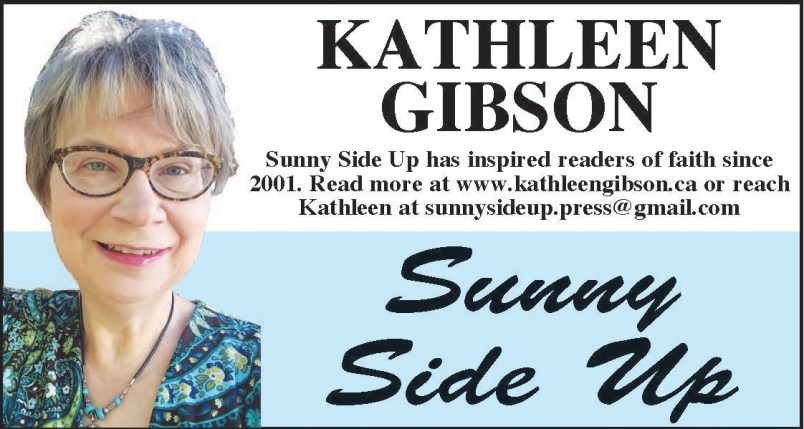Whenever I see a coin tossed on the ground or the floor, I pick it up. Among other things, coins remind me of childhood days. We weren’t as well-situated as the neighbours, but our family had wealth nonetheless.
At around ten, I ran a flourishing counterfeiting scheme from our kitchen table. Placing a penny I had begged or borrowed (but never stolen) under a sheet of typing paper, I held it in place so it didn’t slip. Reaching for my copper-coloured crayon, I began rubbing. When Queen Elizabeth’s face floated to the surface, I shifted the penny over and repeated.
After covering half the paper with heads, I flipped the coin and filled the other half with tails. Then I pasted the sheet onto cereal box cardboard (our frugal family saved every box) and carefully cut out each coin. My mother helped sometimes, chuckling as our pile grew. I cherish those memories. Richness.
I used coins of every value and corresponding crayon colours. When my cash stash satisfied me, I returned the genuine currency to its proper home. The counterfeit booty went into separate envelopes. Pennies. Dimes. Nickels. Quarters.
Wherever within the borders of our “home” land my sister Beverly and I set up our store—under the black walnut or weeping willow, in our basement suite or attic bedroom—our currency had strong purchasing power. We could buy doll clothes. Trinkets. Even tiny raisin boxes. As a bonus, we also learned to count change.
Like most children of my mid-century era, we did other things with coins before fully appreciating their intended use. Tossed them, spun them, rolled them, flipped them, stuck them on foreheads and fished them out of birthday cakes. Once I even placed a nickel on the train tracks near our home. After the train passed, I rushed to retrieve it. The metal rested heavy and warm in my palm. Flat as paper. Only a hint of an image, unrecognizable, remained. It would never again be traded for a popsicle, two licorice sticks or three big jawbreakers at the corner store.
I eventually learned that coins add up to dollars, and dollars earned can be used for bigger, more important things than treats. But I own two coins I won’t spend—they hold memories as vivid as their once untarnished colours.
“Here’s a dime, Mom,” our Amanda, then a teenager, said. “To remind you that you’re worth a ten to me. Ten out of ten.”
On my last birthday, granddaughter Lois, yet unschooled in the practical use of money, pressed a quarter into my hand. “For you,” she said, all happy. “Buy whatever thing you want!”
If I only had those two coins to rub together, I’d never be poor.
Earn what you can, share what you can, save what you can and spend what you need. Just remember: though money is essential, it is not coinage that makes us rich. Love given, trust and faith in God held, kindness offered and received—those are treasures banked in Heaven. No lasting wealth exists without them.




